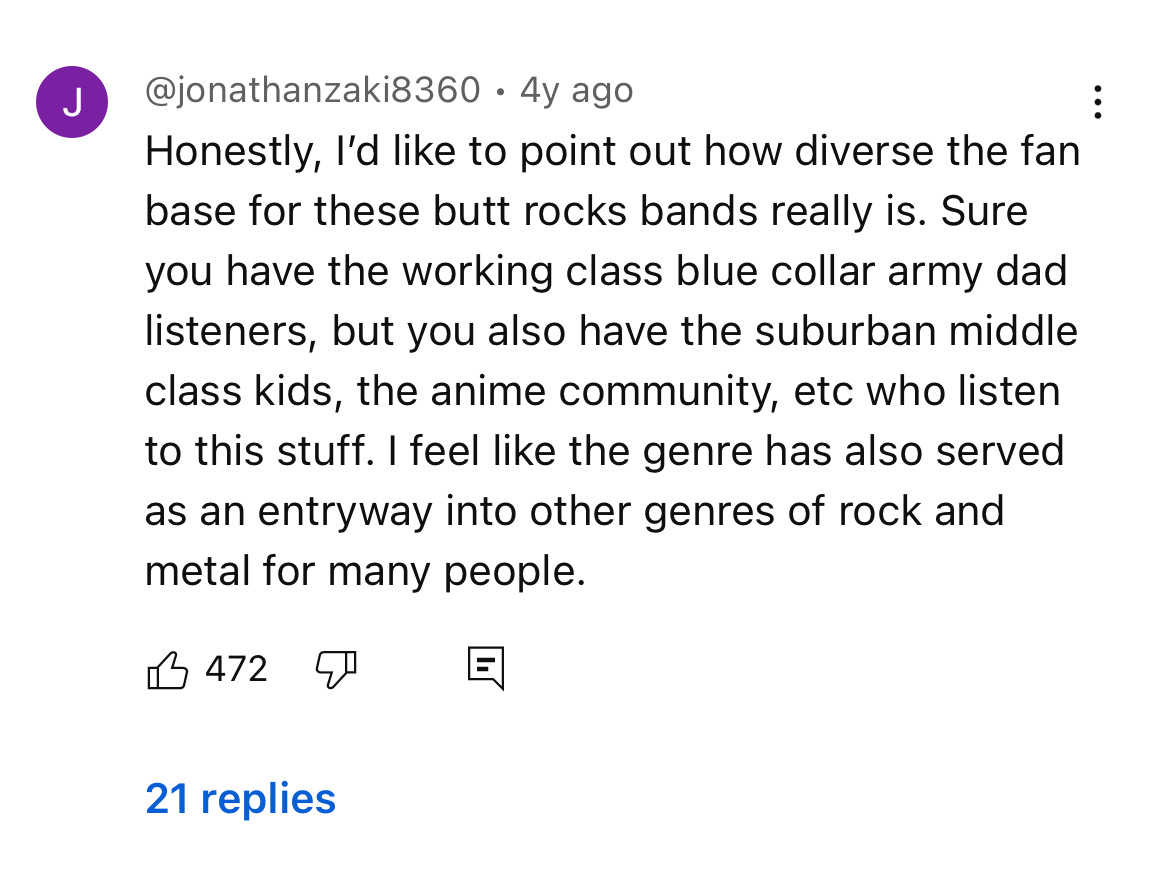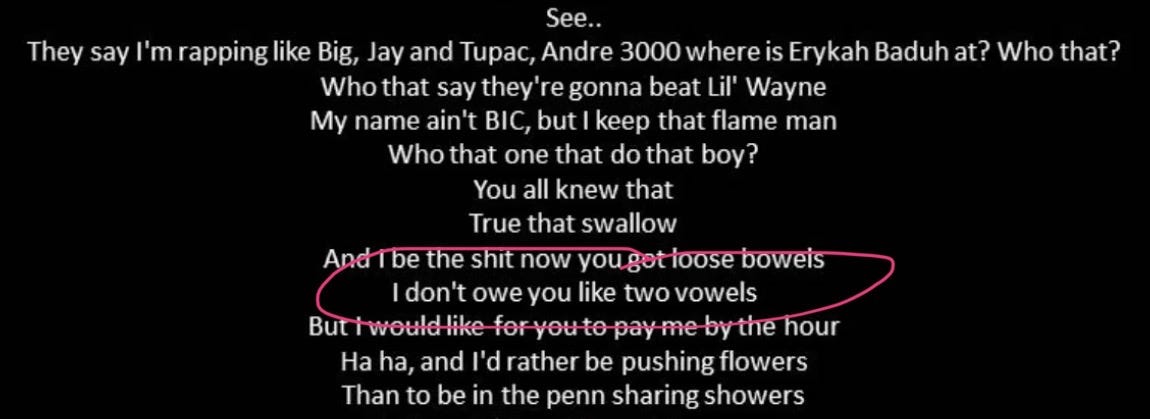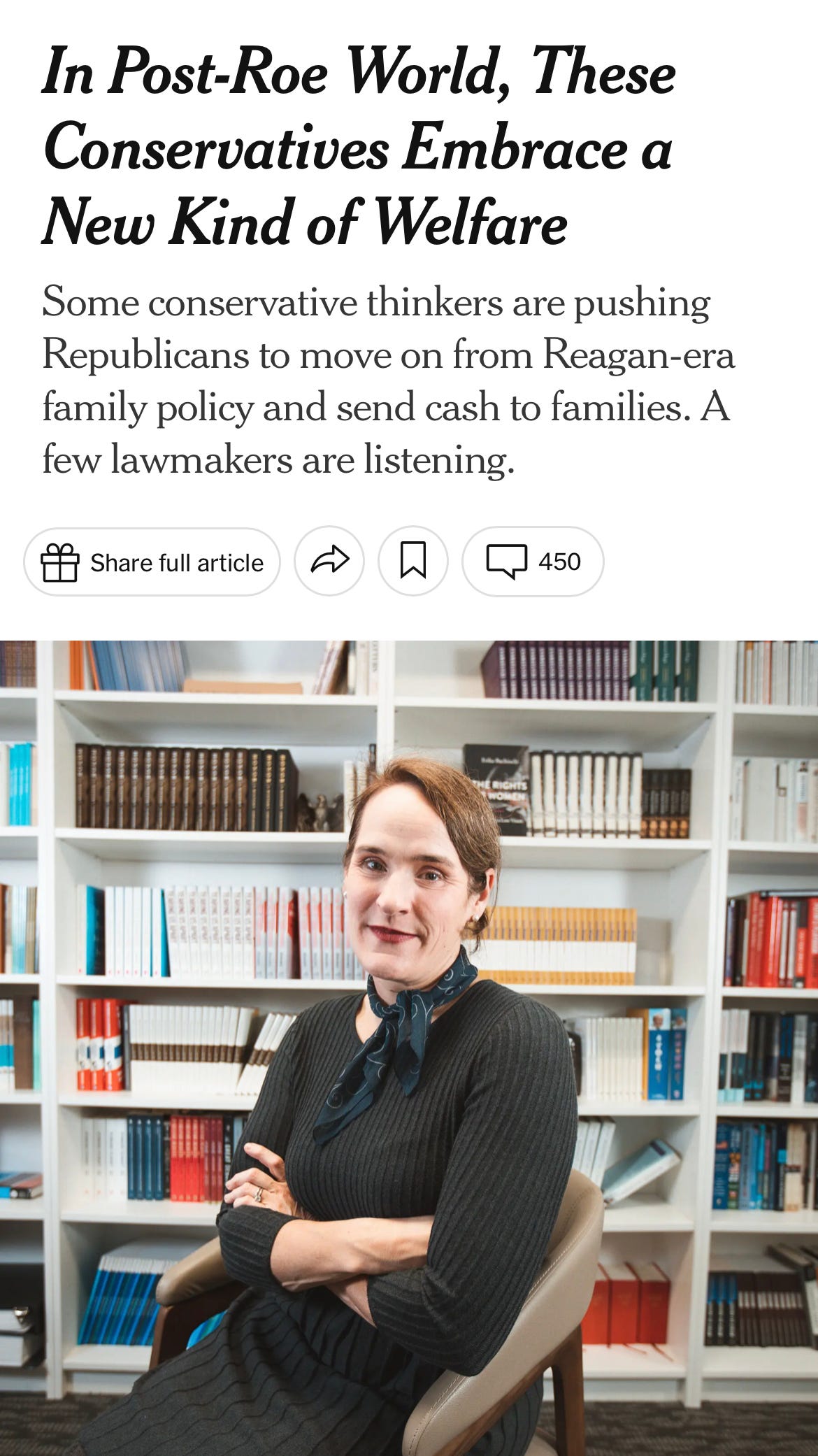Last week at my local grocery store, I saw an attractive man wearing navy blue Dickie’s trousers, Adidas sneakers, a navy Dickie’s jacket, and a backwards baseball cap. His hands were covered in blotchy tattoos. He had black shiny hair. I don’t remember what he was buying because he entranced me and reminded me of the kind of boys I used to see at punk shows. He wasn’t a goth or a mall punk though. His look was distinct: I describe it as “Rust Belt chic.” He could have been an art handler or a truck driver, or a bartender. I’ve never seen anyone in DC dress this way. Despite its history as the birthplace of hardcore pioneers Minor Threat and emo legends Rites of Spring, Washington is decidedly un-punk today.
This guy’s look was common in the basements where I used to see bands like Nothing, a shoegaze quartet from Philadelphia fronted by the once-incarcerated Domenic Palermo. Growing up in a tough neighborhood in Philly, Palermo and his buddies “drove around with large amounts of cocaine and guns while listening to My Bloody Valentine’s Loveless.” Caravaggio-like, he injured a man in a brawl and had to go to jail for two years. After spending much of his twenties in despair, he started the band with Wilkes-Barre native Brandon Setta in 2011.
There’s a certain kind of music that just sounds like economically depressed places in the Northeast. But Palermo knew how to make beauty out of the blight. Songs like “Bent Nail” and “The Heavenly Blue Flu” reach the heights of sublimity and sound like God’s mercy raining down on the troubled world below. It would never be characterized as such, but this is deeply Catholic music. “I’m built to bleed,” he sings. The lyricist’s vision of the human condition is dark: “Only walking on bridges built to fall / Running in circles like rats stuck in the wall.” But I remember coming home one evening last year after Mass, listening to their song “Famine Asylum,” lighting a candle, and dancing in the dark. Something about this song made me feel connected to Christ’s passion — to what it means to weather a Cross, not give up, and stick with God’s will even though you’re bleeding to death. If you complete your mission with enough love, it will be worth it.
On their 2020 album The Great Dismal, Nothing wrote a song called “Bernie Sanders.” It never makes mention of the senator, but has a kind of euphoric or psychedelic quality. Their music reminds me of another band from Pennsylvania called Title Fight, a now-defunct nouveau-emo quartet. The two bands shared more in common than producer Will Yip: Title Fight’s debut album was “a portrait of four working-class kids,” according to Pitchfork, ready to “slap some sense into the Warped Tour set.” Missouri paper Riverfront Times called them “a perfect example of how not all good music comes from big cities.”
We are seeing now what was always obvious: that this election was a referendum on class. It could be said that this was the year in which Nickelback fans definitively triumphed over people who watch NPR Tiny Desk Concerts. In which Big Gulp bludgeoned almond milk and other “milks” that people squeeze from beans. This was the Buttrock Election — as in “nothing but rock,” the genre born from 2000s-era anti-pop radio stations that promoted bands like Three Doors Down, Staind, and Creed. Buttrock is awesome. Any genre that is primarily listened to by military dads is awesome.
If Tim Walz really wanted to connect to the working class base, this is the look he should have rocked. Forget the neon vest and awkwardly-wielded rifle. He should have donned a Chad Kroeger-esque ramen noodle wig and a pair of bootcut low-rise jeans.
The shy buttrock listener is similar to the shy Trump voter. I remember working in a luxury retail setting years ago, surrounded by $10,000 gowns and baubles of various sizes under lock and key. One afternoon there was a lull with no customers for over an hour. My boss, who was an enormously fun man, put on “Photograph” by Nickelback and soon we were all singing in our best gritty voices at the top of our lungs. Counting Crows followed, as did Tori Amos and Fiona Apple. We became delirious with joy, shouting the lyrics and whirling throughout the store. My coworker Dylan said that by the end we were “speaking in tongues.” Anyone would have been shocked to walk in and see three goths dressed in avant-garde finery raging to Matchbox 20.
What’s weird is that buttrock is slowly merging with more traditional genres. Music’s current biggest star, the greatly talented Morgan Wallen, presents an energy in the video for “Last Night” that is a little bit Nickelback, a little bit Kurt Cobain, and a whole lotta country. I almost can’t write about him because I love him so much. His unabashed redneck persona gives me life. If you’ve never heard his cover of Jason Isbell’s “Cover Me Up,” you simply don’t know what a love song is.
One of the first times I had some sense that Trump could win over the past few months was when I watched Morgan Wallen do one of his famous walkouts for his record-breaking Neyland Stadium concerts in September. Coming home to Knoxville, Wallen approached the stage flanked by football stars like Peyton Manning and Nico Iamaleava. Dancing to one of his hits, looking cute as pie in his little mustache and dark denim shirt, he was greeted by over 70,000 screaming country fans. This was pure dominant American energy. And I was reminded that there is a huge country out there, of good and strong people who love America with all their hearts. This moment was like an explosion of positive masculinity — a wholesome version of that “Daddy’s home” idea Tucker Carlson was waxing horny about several weeks ago.
The buttrock coalition is very inclusive. It welcomes everyone. One of my favorite D.H. Lawrence quotes is: “The root of sanity is in the balls.” It’s in the butt as well.
Last week I received a number of unsavory (translation: unhinged) emails, comments, and messages from people who were incensed that I, a conservative populist, expressed satisfaction that the conservative populist candidate won. Trump is an erratic figure, with a bevy of henchmen I have little in common with, but there is such a thing as the conservative labor movement and I am greatly interested in seeing how it evolves. It was odd but illustrative to me that the part of my essay that made people angriest was not my gleeful and innocent nationalism nor my edgy statement about the January 6th shaman, but my assertion of an obvious fact — that the Republican Party is now the party of the working class.
I don’t know why this makes people so rageful. I suspect it has something to do with ego or their sense of identity — the sense that their side must be the side that stands up for working people. If class is your most important issue, why is it so important that your side wins? Isn’t the most important thing of all that working voters be heard and their needs addressed, no matter “which side” represents them best at any given moment? If you’re not listening to the clear, expressed needs and preferences of the working class, do you really support the working class?
This whole thing reminds me of the story of King Solomon in the Bible, when two women are brought before him both swearing that a baby is theirs. The wise king orders the baby to be split in two, offering one half to each woman.
The woman whose son was alive, because she was stirred with compassion for her son, said to the king, “Please, my lord, give her the living baby — do not kill it!” But the other said, “It shall be neither mine nor yours. Cut it in two!” The king then answered [referring to the first woman], “Give her the living baby! Do not kill it! She is the mother.” 1 Kings 3:26-27
The most important issue for me is the sanctity of life. Working class wellbeing is a close second. I have always said that I don’t care which party the better ideas for the working class come from, I am open to them all and I want to hear them all. I want whichever ideas work better. But it is unlikely that I will vote Democrat again, unless they really moderate on abortion and other social issues. I think the Democratic Party lost a lot when its position on ending a pregnancy went from “safe, legal and rare” to loud, proud, and often.
Most of the insults I receive are rather uninventive. “Rube” is hurled often; most recently by a commenter with the august title of “CNN contributor.” LOL! If by “rube,” these people mean to say that I am a proud ambassador from God’s country, they are absolutely correct. But there are some who object to my voicing of any political opinion — claiming that I am unstudied and deluded, with others implying that anyone who isn’t a policy analyst or economist should tread carefully. My feeling is that most of these people simply needed a cardboard cutout of a Trumpy person to yell at, but if they meant what they said, this is an incredibly anti-democratic attitude. These are the kind of people who will confess to you in a late-night bar that they don’t think people without college degrees should be allowed to vote. It is (and I say this while spitting on the ground) technocratic mentality.
I have never claimed to be a policy expert nor an economist. I am not a wonk. I am a writer, primarily a cultural and spiritual writer, but I have my political perspective. I have warring inner impulses — some of them religious, some traditional, some anti-authoritarian, some even libertine. I voted for the American Solidarity Party because I wanted to vote for something I believe in, not just vote against the establishment.
The handful of subscribers I posted about losing since my last proclamation has now been replaced by twelve times that number in new subscribers. In the words of Lil Wayne’s “A Milli:” I’m popping like Orville Redenbacher. And although I may try once in a while to engage with dissenting readers who appear to be in good faith, if you fling hostilities in my direction — again, in the words of Lil Wayne: I don’t owe you like two vowels.
I have a very interesting readership. I spy among you literary types, fellow Christians, veterans, libertarian dads, artistic postliberals, and curious fashion girlies. You are all welcome here. In the spirit of generosity, I will share a few of the articles and podcasts that have influenced my political views in the past few years. I am a mere citizen, but I can point you toward the few experts I trust.
This piece from Spring 2023 in the New York Times resonated a lot with me, especially the contributions of Erika Bachiochi. A conservative feminist legal scholar, her life story is similar to mine. She is from a difficult background, once volunteered for Bernie Sanders, entered Twelve Step recovery while still in her youth, and is now essentially a center-right Catholic. Along with other conservatives featured in the article, she explains her support for pro-family benefits like “child care, paid leave, child tax credits and affordable housing.”
The work of Oren Cass and his think tank American Compass have really influenced my thinking as well. I encourage everyone to check out his Substack, Understanding America. On the American Compass website, you can find a simple explanation of the modern idea of “conservative economics:” it’s a move away from what they call “free-market fundamentalism,” which “can reduce people to consumers and relationships to transactions.” Nevertheless, they are pro-capitalism, when it involves “the productive use and fair compensation of labor, and when people are well-equipped to engage in the market as entrepreneurs and workers and in their communities as citizens.” I agree with this. I want to see a healthy capitalism that works, not socialism or progressivism. I also appreciated a recent conversation between Cass and Batya Ungar-Sargon which touched on the hope that being pro-business does not have to mean being anti-labor. There needs to be a balance.
And lastly for today, I will include this podcast episode from Glenn Greenwald in which he outlines the sad capitulation of the left-populist movement to the Democratic Party. He also talks about a surprising friendship in his life that arose when union leader and ex-Congressman Cabo Daciolo, an evangelical Christian, showed great support during the illness of Glenn’s late husband. Glenn writes quite movingly about how Daciolo, regarded by Brazil’s progressive movement as a bigot, prayed over his husband and shared Scripture verses with Glenn that gave him great solace. He talks about how the revelation of a person’s character can be at odds with how their political “type” is commonly perceived, and makes an important statement:
[Meaningful] politics are impossible if it is prohibited to work with or even form friendships with those who think differently. In particular, there is no way to claim to represent the interests of the working class if you simultaneously declare the social and religious values of working-class people to be so grotesque and hateful that even friendly and respectful interactions, let alone political alliances, are prohibited.
I will continue to write and speak as I feel moved. I will remind my adversaries that political expertise is not the same thing as political intuition. I will continue to trust the wisdom of the American people.
In Christianity, we have a saying: God does not call the qualified, he qualifies the called. Do you think Joan of Arc, a daughter of the French countryside, was equipped for battle when she received her calling from Archangel Michael and Saints Catherine and Margaret? No, but the Almighty equipped her. I do not choose my topics. The Holy Spirit is my commissioning editor.
Remember: Anyone can quote a white paper. Not everyone can be a prose stylist.










